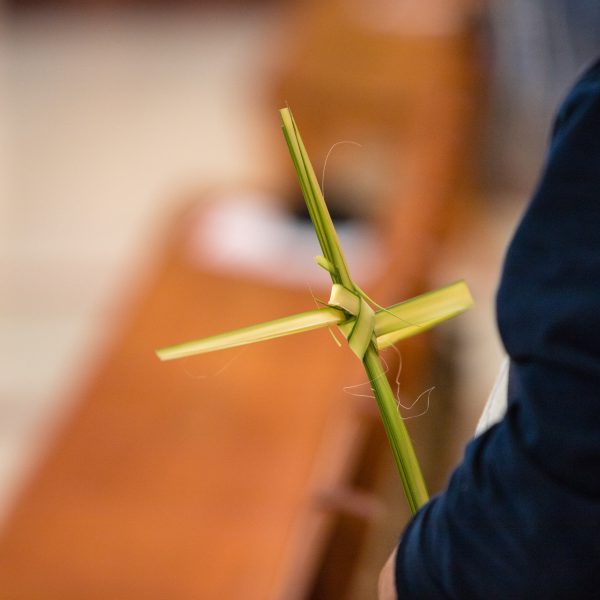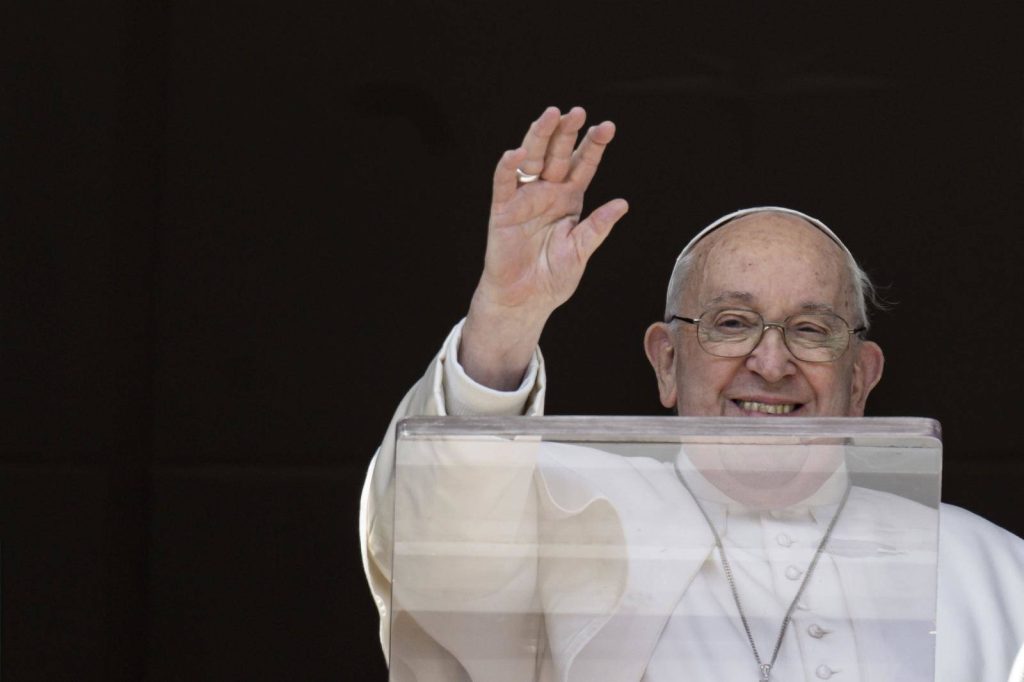A Holy Week message for the forgotten, invisible in our prisons and jails
By Dr. Robert Ehnow
When Jesus began His week in Jerusalem, He was hailed as the Savior, the King of the Jews. By the end of the week, He had been arrested, scourged and crucified. It was a precipitous change for Jesus and for His followers, who believed that He was the one, the Messiah.
As we reflect on Christ’s passion, we get a vivid reminder that Our Lord died as a condemned prisoner. He endured torture from His jailers and the humiliation of being stripped not only of His clothes but of His human dignity as well.
In the Passion narratives, we also find a poignant example of Jesus reaching out to the marginalized, something that He had done so often during His earthly ministry. To one of the prisoners crucified along with Him, Jesus gives assurance of salvation. Imagine that: A condemned prisoner, the man we venerate today as St. Dismas, “the Good Thief,” was promised a place in Heaven!
When Jesus comforted St. Dismas, that comfort was not intended for Dismas alone. Jesus was making us the very same promise: Regardless of our sins, everyone can attain a place in Heaven with Him by asking for His love and forgiveness.
In the United States, we have 2.2 million men and women in our jails and prisons; the U.S. is the world’s leading jailer. Prison and jails are dark places of unimaginable loneliness, violence and shame for those who inhabit them. Our incarcerated citizens are often forgotten, and they remain invisible to most of us. And yet, we are called to love them, visit them and provide mercy to them. Christ demonstrated this 2,000 years ago, not only during His ministry but in His merciful response to Dismas.
When I was in prison, I often felt that I was not worthy of love or forgiveness, and my own shame often kept me from a more intimate relationship with Jesus. And I was among the fortunate ones! Unlike many inmates, I had a wife, children, extended family and friends who accompanied me during this very dark period in my life.
My pastor, Father Mike Murphy at Sacred Heart Parish in Coronado, visited me several times while I was in prison. That required great sacrifice on his part, too, as I was incarcerated not locally but more than 1,000 miles away at a federal prison in Florence, Colorado. My wife, my family, my friends and fellow parishioners also made the trek, providing light in my darkness.
The many visits I received provided hope and love, which carried me through a difficult period of my life and spiritual journey. In retrospect, it was Jesus who accompanied me at every step during the 807 days that I was incarcerated, gently reminding me that I was loved unconditionally. And, in doing so, He prepared me for a life of richer prayer and deeper spirituality.
How can we emulate Christ’s mercy? We can begin by reflecting that those who are in jail and prison were created in the same image and likeness of God that we were created. We can also leave judgment to God, and pray for the incarcerated men, women, their families and their victims.
As Catholics, we believe in the sanctity of all life, and the prisoner may be forgotten by most of us, but he is very much loved by God. In the New Testament, we learn of three people who were given a place in Heaven: Jesus; His mother, Mary; and St. Dismas, the Good Thief. The Son of God, the Virgin Mother Mary, and a condemned prisoner – together in paradise!
Dr. Robert Ehnow is director of the diocesan Office for Life, Peace and Justice.










